Safe & secure FOAM wallet
Take control of your FOAM assets with complete confidence in the Trezor ecosystem.
- Secured by your hardware wallet
- Use with compatible hot wallets
- Trusted by over 2 million customers
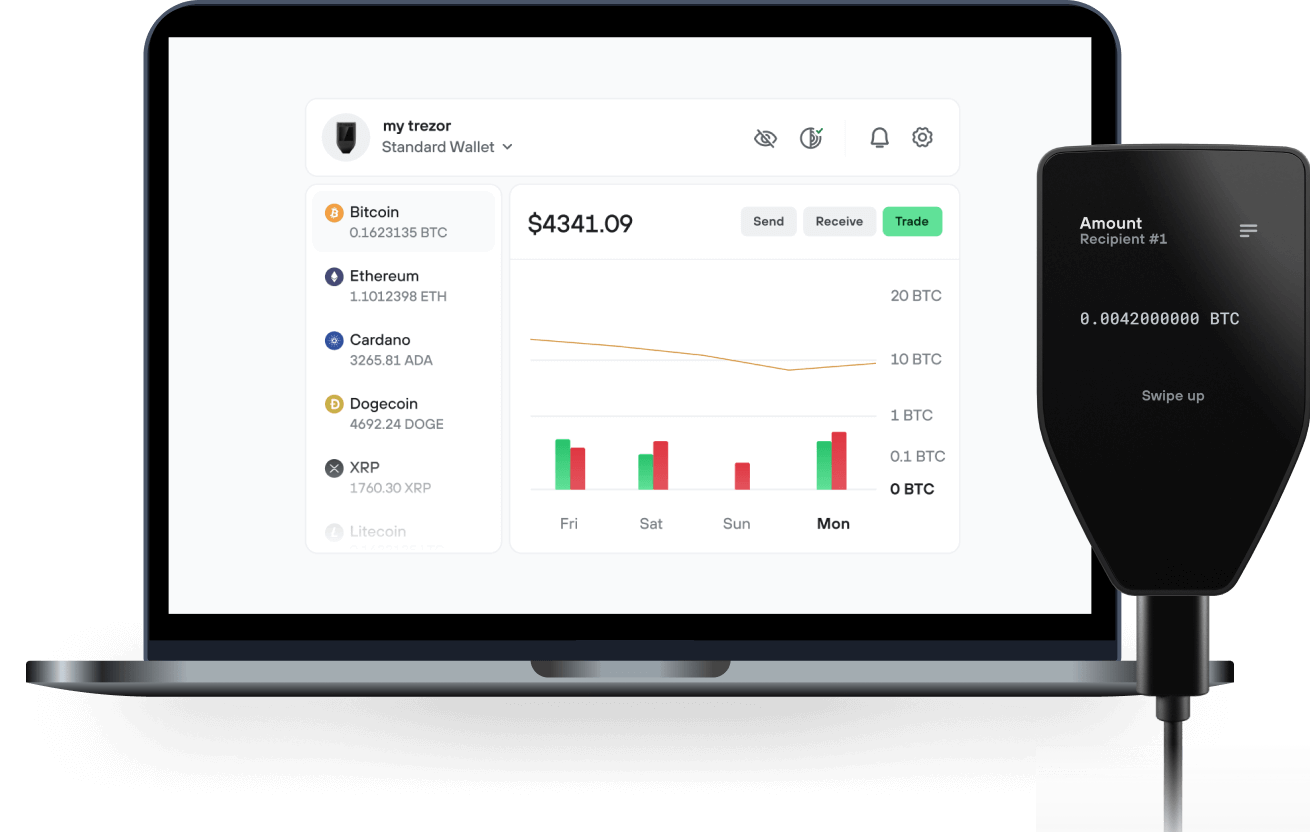
Send & receive your FOAM with the Trezor Suite app

Send & receive

Swap
Trezor hardware wallets that support FOAM
Sync your Trezor with wallet apps
Manage your FOAM with your Trezor hardware wallet synced with several wallet apps.
Trezor Suite
MetaMask
Rabby
Supported FOAM Networks
- Base
- Ethereum
- Optimism
Why a hardware wallet?
Go offline with Trezor
- You own 100% of your coins
- Your wallet is 100% safe offline
- Your data is 100% anonymous
- Your coins aren’t tied to any company
Online exchanges
- If an exchange fails, you lose your coins
- Exchanges are targets for hackers
- Your personal data may be exposed
- You don’t truly own your coins
How to FOAM on Trezor
Connect your Trezor
Install Trezor Suite
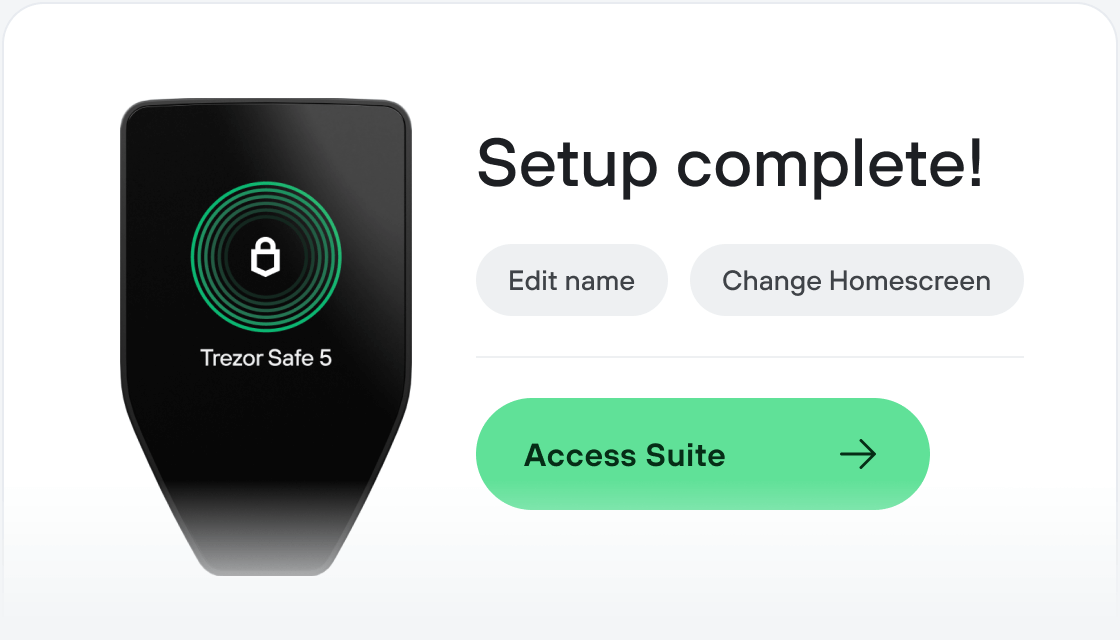
Transfer your FOAM
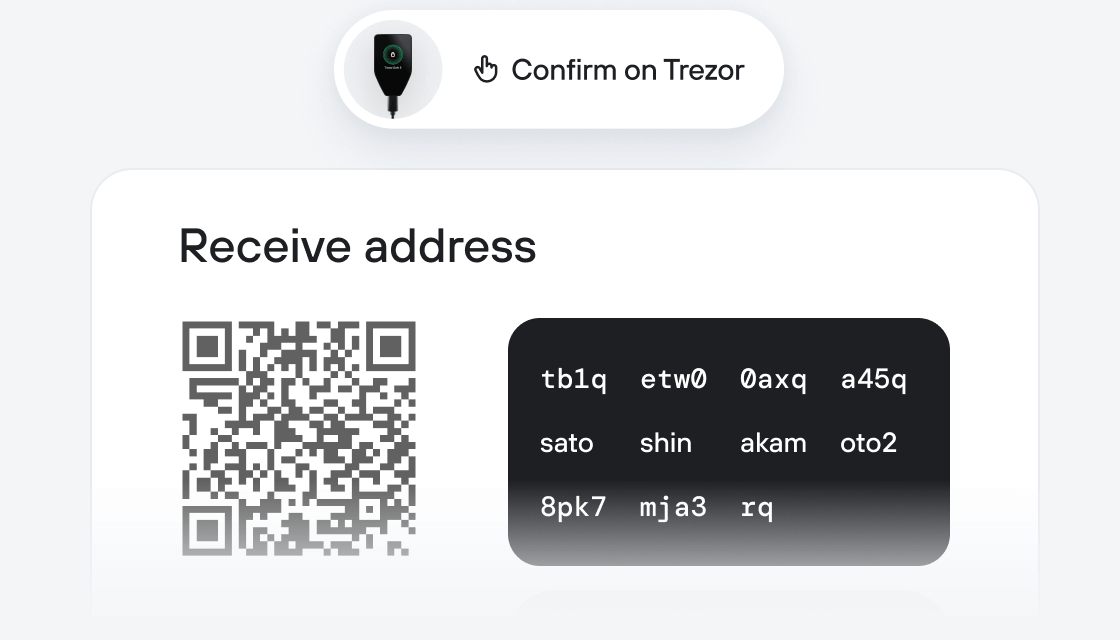
Make the most of your FOAM
Trezor keeps your FOAM secure
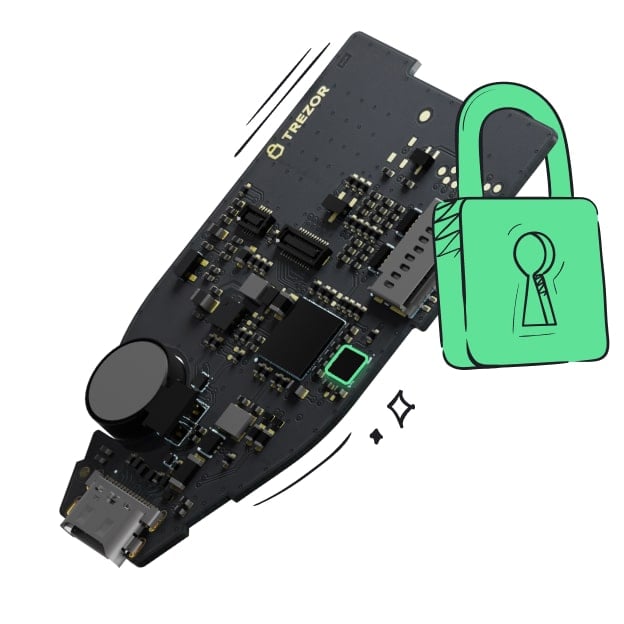 Protected by Secure Element
Protected by Secure ElementThe best defense against both online and offline threats
 Your tokens, your control
Your tokens, your controlAbsolute control of every transaction with on-device confirmation
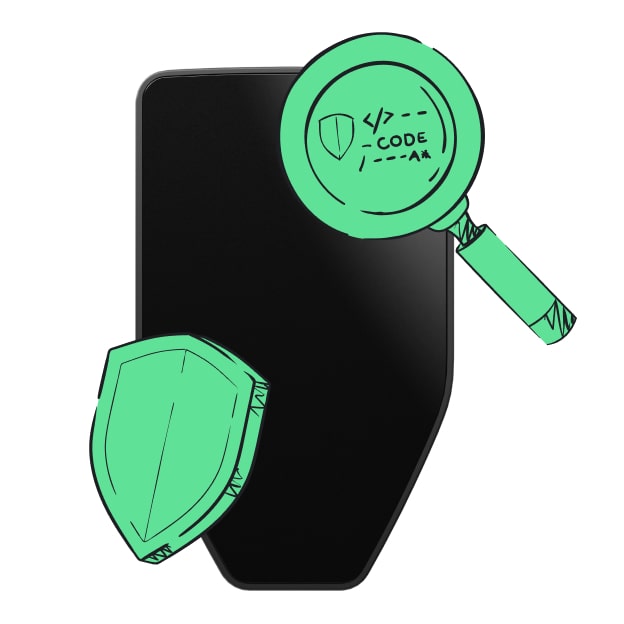 Security starts with open-source
Security starts with open-sourceTransparent wallet design makes your Trezor better and safer
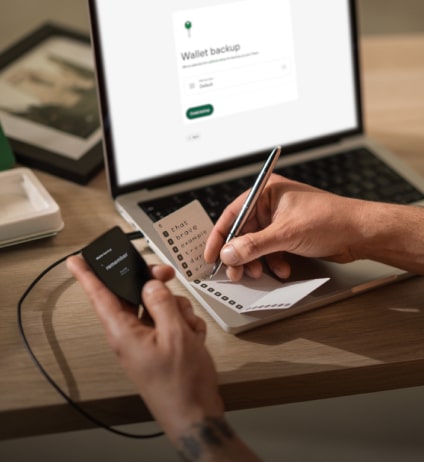 Clear & simple wallet backup
Clear & simple wallet backupRecover access to your digital assets with a new backup standard
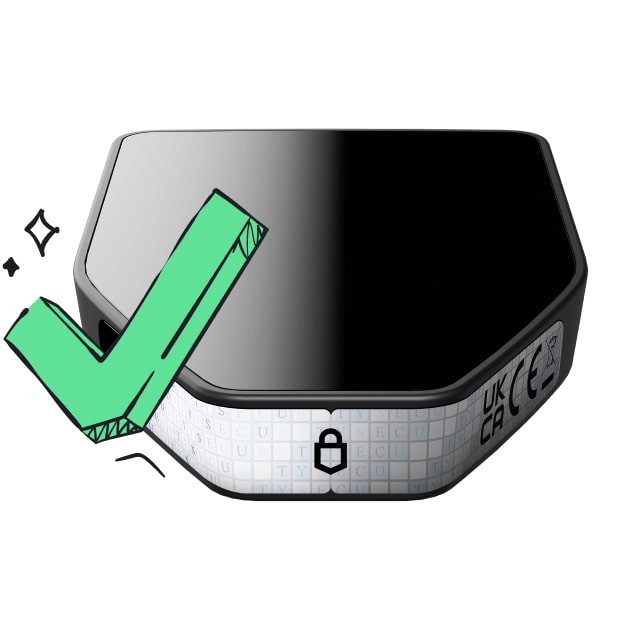 Confidence from day one
Confidence from day onePackaging & device security seals protect your Trezor’s integrity
FOAM is an open protocol for proof of location on Ethereum. Our mission is to build a consensus driven map of the world, empowering a fully decentralized web3 economy with verifiable location data. FOAM incentivizes the infrastructure needed for privacy-preserving and fraud-proof location verification. The starting point for FOAM is static proof of location, where a community of Cartographers curate geographic Points of Interest on the FOAM map. Through global community-driven efforts, FOAM’s dynamic proof of location protocol will enable a permissionless and privacy-preserving network of radio beacons that is independent from external centralized sources and capable of providing secure location verification services.
FOAM Token Functionality
-
Add and Curate Geographic Points of Interest The FOAM Spatial Index Visualizer allows Cartographers to participate in interactive TCR POIs on a map. Users can add points to the map, validate new candidates and verify the map by visiting real world locations. The FOAM Token Curated Registry unlocks mapping in a secure and permissionless fashion and allows locations to be ranked and maintained by token balances. Users can deposit FOAM Tokens into POIs on the map to increase attention those POIs might receive.
-
Signal for Zone Incentivisation A further potential use of the FOAM Token by Cartographers is to stake their FOAM Tokens to Signal. Signaling is a mechanism designed to allow Cartographers to incentivize the expansion and geographic coverage of the FOAM network. To Signal, a Cartographer stakes FOAM Tokens to a Signaling smart contract by reference to a particular area. These staked tokens serve as indicators of demand, and are proportionate to (i) the length of time staking (the earlier, the better), and (ii) the number of tokens staked (the less well-served areas, the better). In the context of the contingent Dynamic Proof of Location concept (described further in the Product Whitepaper), these indicators are the weighted references that determine the spatial mining rewards.
-
Contribute to Potential Secure Location Services as Zone Anchor or Verifier The FOAM protocol may allow users to provide work and secure localization services and location verification for smart contracts and be rewarded for their own efforts with new FOAM Tokens in the form of mining rewards. Devices and real world contracts can be programmed to designate attestations and track interactions and transactions on the map. With the addition of necessary radio hardware by individual users and the grass roots expansion of the FOAM network, it may be possible for location status to be proved in a different manner. Location could be proved through a time synchronization protocol that would ensure continuity of a distributed clock, whereby specialized hardware could synchronize nodes’ clocks over radio to provide location services in a given area. As explained further in the following paragraph, this ‘Dynamic Proof of Location’ is contingent on a number of factors outside of Foamspace’s control.